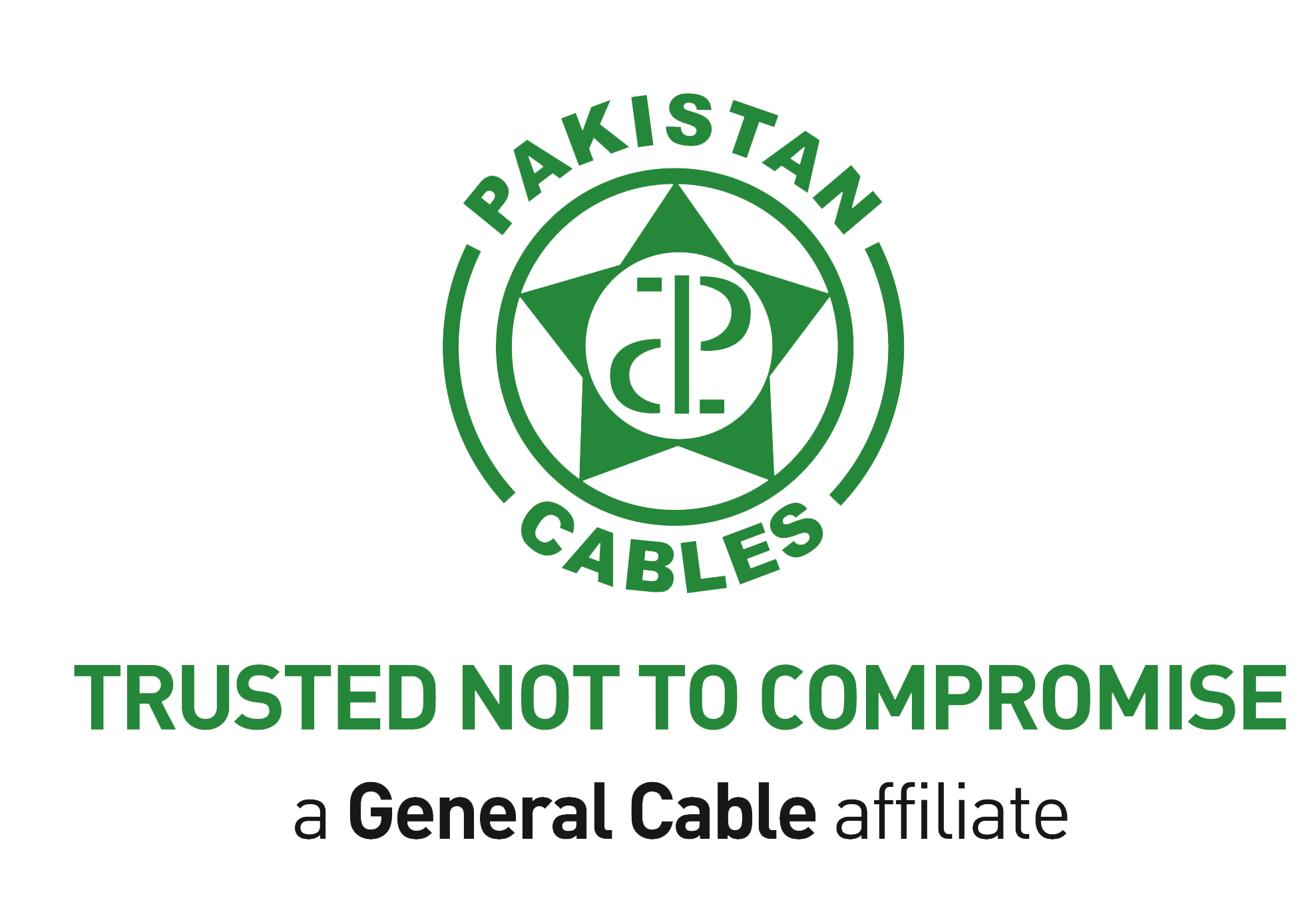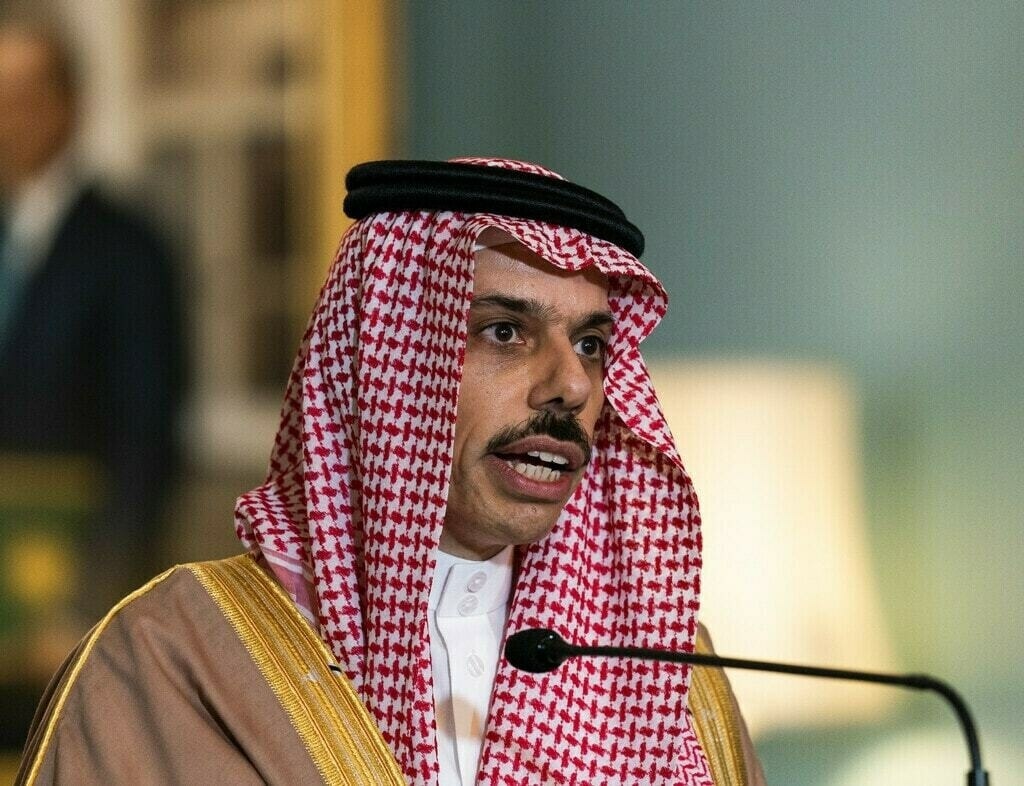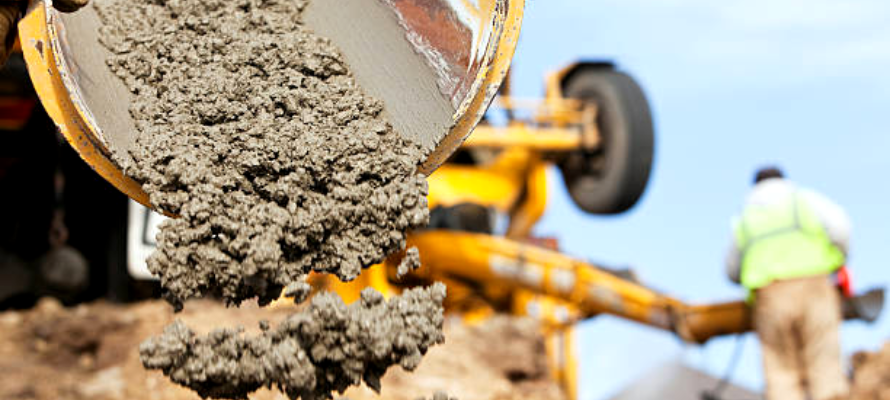MG Link News recently spoke to Mr. Mattias Martinsson, who is Chief Investment Officer & Managing Director at Tundra Fonder Sweden.
“Tundra Fonder is a Swedish fund manager specializing in frontier markets, the new emerging markets. Frontier markets include countries such as Vietnam, Nigeria, Pakistan and Sri Lanka – countries that in many cases top the global growth league and have good opportunities to become India or China in the future. Tundra Funds was founded in 2011 by Anders Böös, Mattias Martinsson, Johan Elmquist and Per Axman, and today manages four equity funds.”
As we witness a reversal in foreign buying after an appalling steep correction, Pakistan equity markets have gained for six consecutive weeks during December and January. The rise and run has a lot to do with an increasing interest from foreign investors who see this as an excellent opportunity to increase exposure at current valuations.
Here follows an excerpt of the interview in which we discuss the state of Pakistan’s economy, and how he perceives Pakistan’s equities markets in the global perspective:
SBP’s Monetary Policy Decision, how do you see it?
It’s a surprise, timing of the raise was a little bit earlier than expected. If we look at the market consensus regarding the coming 12 months, it was widely expected but not this early into 2018. The fact that it came now surprised investors. Over the longer period, except timing, if we look at the earnings impact on the banking sector, It’s not very big, it’s somewhere between 1 – 5% on banking in general. I would be surprised if there was a very strong additional reaction on the financial sector, as a result of this decision.
What we view from the interest rate hike is that it’s another signal that Central Bank understands the risks associated with the Current Account Deficit, that it warrants certain reactions from their side. I think it is a reaction from their side to pre-emptively take some direction towards fixing CAD, from our side I think it’s a rather good signal that the Bank is taking CAD seriously and taking steps to fix it.
How do you see the Banking sector in Pakistan and how much promise do you think it holds during 2018?
From our perspective, which is a global perspective relative to the Sri Lankan Banks, Bangladeshi Banks, Nigerian Banks etc. we are not very excited about the banks in Pakistan. Simply because we can find similar valuations and even lower valuations in other markets where growth prospects are comparatively better than Pakistan. With that said, we are neither very negative on the banks. It is not our stance that the Pakistani Banks are undervalued versus other sectors in the market.
How much political impact do you anticipate during the year 2018? The Election Year?
Tundra has a local research office in Karachi but we obviously also speak a lot to foreign investors interested in Pakistan. I think that if you look from the international perspective. If you see Pakistan from the eyes of an average international investor, they expect Pakistan to be a bit chaotic in terms of political scenario. So, I don’t think they (international investors) are very concerned on the political side. I think local investor is more concerned because the dynamics are understood much better locally. So from a foreign international perspective, they expect Pakistan to be in trouble and so is our impression when we speak to international clients, they are less concerned about politics. Rather, as the case has been they are more concerned about the state of the economy. They reacted very strongly to the run of Pakistan’s equities between 2013 to June 2017 and they thought it was a little bit exaggerated. So they started investing in other markets. So in today’s scenario, it is noticeable that foreign investors are starting to have to a look at Pakistan again which can be seen in shape of net foreign inflows during the last two months – January & December.
With the run up in the other markets, like Vietnam and Argentina, it’s becoming hard for international investors to find value in those markets. So, they are starting to look at Pakistan again, it is not because they think there’s going to be a huge rally. But because Pakistan right now looks attractively valued, versus many other markets. And they can also see that the negative flows – the outflows – have started to reverse a little bit. So, during 2018, I am modestly positive and optimistic, I don’t think you will see another run like the one we saw in 2017 but it would be modest and being enough inflows. And then of course, if something really bad happens on the political side, or the economy starts deteriorating at a rapid pace etc. then the case would be entirely different.
“Compared to the other markets, where we can invest, Pakistan offers a lot of value.”
Tundra Fonder’s investment plans for Pakistan compared to other regional markets?
Recently what we have done is during the end of 2016, we sold a bit in Pakistani and in early 2017 we sold a bit also, we took those investments to Egypt and Vietnam. Towards the end of 2017, we sold some in primarily Argentina to buy back in Pakistan again basically because we see that compared to the other markets, where we can invest, Pakistan offers a lot of value. And we are confident enough in some names, where we are looking to increase our exposure. But we have not increased too much, just by a couple of percentage points of portfolio. But I think, going forward as valuations look like, in other similar markets where we invest, I would expect our share in the Pakistan market to increase in near future.
How do you as an international investor see Pakistan’s political situation playing out in 2018?
We want whatever is best for Pakistan’s future, in this case what is best for the economy. We just want the people to decide who will run their country and the rest, whatever the outcome, will be completely fine. After the elections, when we know what political setup is there, then we can know their agenda and then decide there on. In my opinion, Pakistan has had 20 very tough years, ever since they decided to help US with the war in Afghanistan, so I think the circumstances during the next 10 – 20 years are likely to be much much better than they have been in the past.
Pakistan’s Current Account Deficit has been talked about a lot? How does Pakistan compare against other countries with similar dynamics?
I think that the most countries, like Pakistan, if you take African countries like Kenya, they have been running a Current Account Deficit for a very long period of time that has been very high compared to Pakistan but hey have also much more openness to investment which has meant that you have foreign direct investment, and you have other bilateral investments in the country. I think the way forward in Pakistan, from the investment perspective is not to manage the currency too much but rather if it needs to depreciate, you allow it to depreciate so the investors can feel that the currency is correctly priced. And then I think the other key factor is alleviation, in order to stimulate foreign direct investment and portfolio investment in the country. But I think we have seen, in fact we are starting to see increasing signs of investments, we see foreign car manufacturers willing to setup plants in Pakistan. But these are early stages before you have a similar growth situation like the one Vietnam where there is significant economic growth, which will take a lot of time. Meanwhile, you have very good corporates in Pakistan, if they have a competitive environment, they are fully capable of running Pakistan’s private sector.
“The only problem is when you try to kind of fix the currency at a certain level, and expectations of change are just building up and then you are forced to do something.”
How much PKR depreciation do you see during 2018?
I think it’s very difficult to use something like Real Effective Exchange Rate, as the measure of currency on determining whether it’s over valued or undervalued. We have different examples, we have country like Argentina, where the currency is according to the REER more than 60% over valued, but that has not stopped investors from putting in money there. When we look at the currency, we look over a long time period, when we look at the 10 – 20 years, we see the rupee has depreciated somewhere around 4 – 5% per annum, that’s a normal level to expect. But then again, as long as the interest rates are higher in Pakistan, PKR should depreciate against the US Dollar. So a 5% an year is normal for Pakistan, then again, whether it’s 5% or 10% the companies have historically shown that they are able to compensate themselves for it. So, we are less concerned, the only problem is when you try to kind of fix the currency at a certain level, and expectations of change are just building up and then you are forced to do something. But now that we have taken the first step, the currency likely to depreciate 5% to 10% during the next 12 months. But I don’t see this to be a dramatic event. Because Pakistan has done this many times before, so I think we have seen the worst in terms of expectations on the currency.
“Pakistan is extremely crucial for China’s Regional development plan”
China Pakistan Economic Corridor and the implications thereof the economy?
I think we need to see this as fiscal stimulus, and if we look at it from the international perspective the CPEC is effectively OBOR, and Pakistan is extremely crucial for China’s Regional development plan. I think that is very strong incentive, that this has a positive impact on the economy. And I think other counters are also acknowledging Pakistan’s crucial importance to the plan, and we have already see foreign investors beginning to realize Pakistan’s importance to the China’s plans. How this will happen, how this will pass through, that’s a different debate but we can be absolutely sure that it will provide a fiscal stimulus for domestic infrastructure and open avenues to more energy, more economic activity and then it will be up for the domestic Pakistani companies to make the most out of the plan.
What’s your stance on Pakistan’s Cement & Steel Sectors relative to Pakistan’s GDP?
I think from my perspective, or the global perspective, comparing Pakistan to the other analogous markets in different regions I will say that the capacity in store at Pakistan is still relatively low compared to the size of economy. And I believe the valuations of the cement sector in Pakistan are slightly lower than the other frontier markets’ average. When we go into companies, we look at long term value and how much ability it has to grow from here. And I think in the case of Pakistan, the starting point of evaluation are completely fine, it’s not very cheap but it’s neither expensive. But then it also depends on economic expansion, and normally for an economy like Pakistan, demand for cement would grow at 1.5 times the GDP Growth. In cements, Tundra Fonder have decent exposure in Pakistan compared to other markets in our universe.







